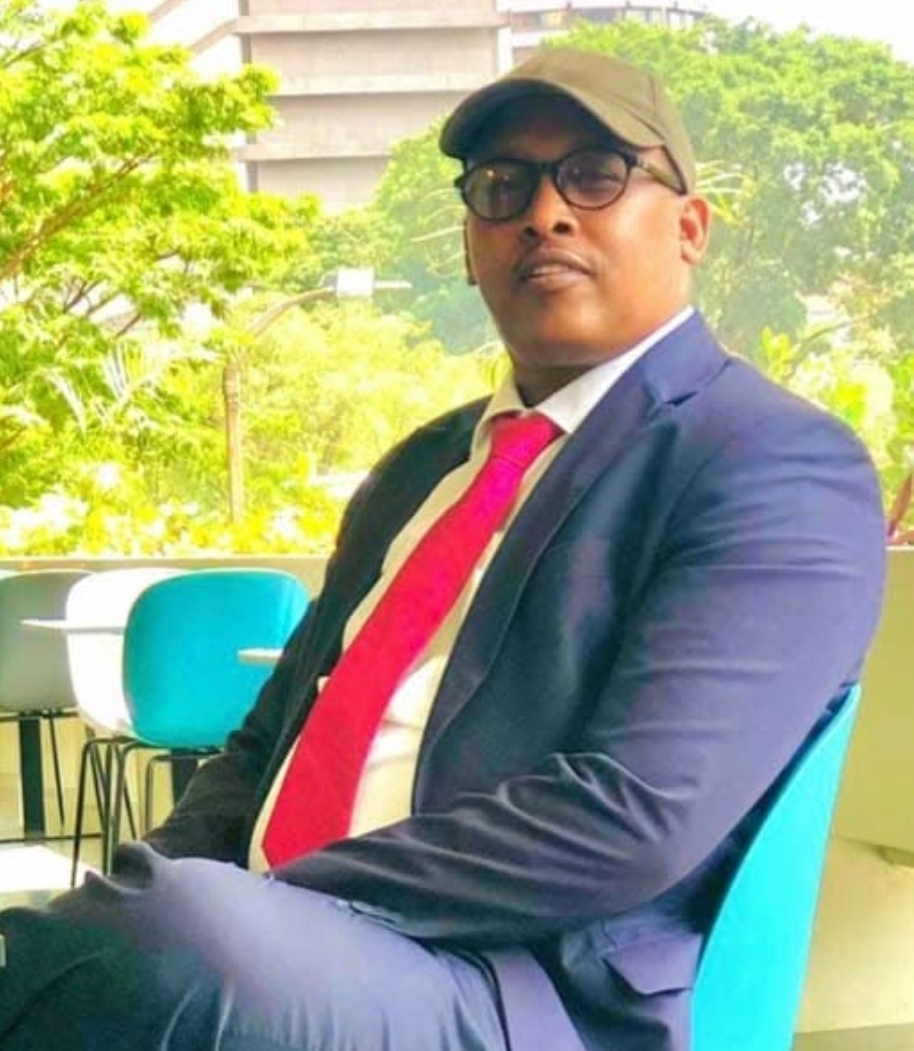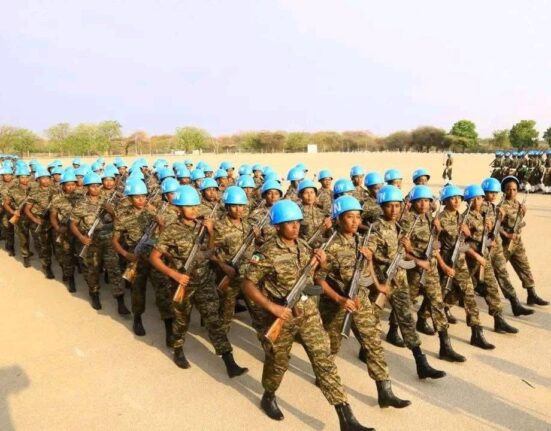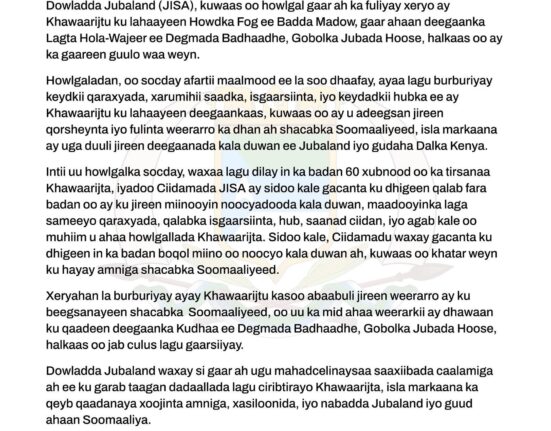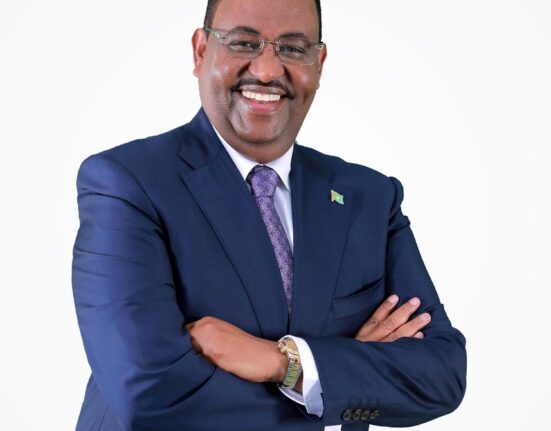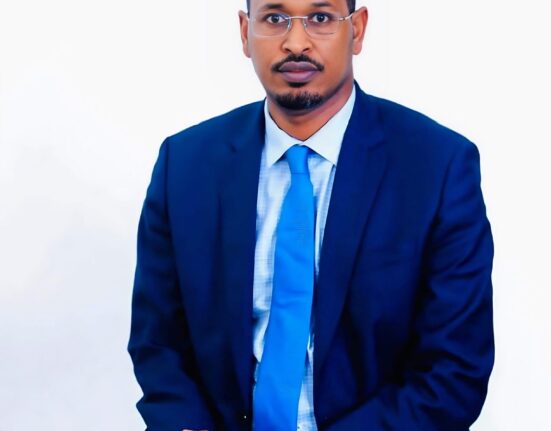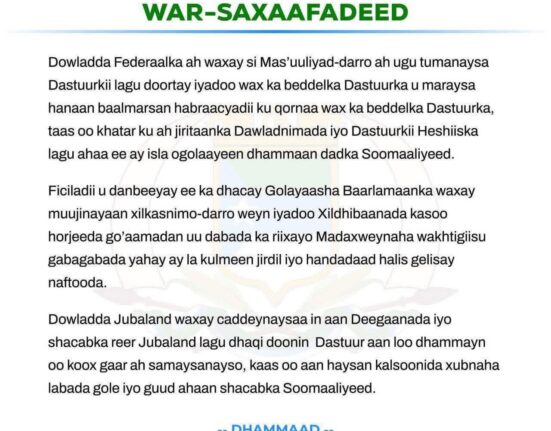The Somali Region of Ethiopia is witnessing a wave of sustained peaceful demonstrations both inside the region and among the diaspora abroad. Citizens are collectively demanding genuine political change and the removal of the current regional administration, led by President Mustafe Muhumed.
For the past six years, the administration has failed to provide essential public services while corruption has deeply rooted itself within regional governance. Public funds and assets have reportedly been misappropriated, leading to private real estate and businesses being established abroad with wealth looted from the Somali people. Tribal conflicts have increased, mismanagement has worsened, and fundamental human rights have been systematically violated. Secret prisons continue to operate where individuals are unjustly detained and tortured without due process.
Adding to public outrage, the regional government recently declared the creation of four new zones—divided among influential Somali elites at both federal and regional levels—without consulting the people. This move has sparked fierce opposition from the population. Similarly, 15 new districts were announced, with reports alleging that some were effectively “sold” to investors from neighboring countries. The naming of 24 new municipal councils further fueled anger due to its opaque and unjust process, reinforcing the perception of widespread administrative abuse.
In response to these escalating issues, respected clan elders and traditional leaders from across the Somali Region traveled to Addis Ababa to directly petition the federal government. Their message was clear: unless the federal authorities intervene to remove the current administration, peace and stability in the region will continue to deteriorate.
Protests are not limited to Ethiopia alone. Somali diaspora communities in the United States and neighboring countries have sent formal complaints to the federal government, calling for justice and accountability. Despite witnessing these crises firsthand, the federal government has remained largely indifferent an alarming dereliction of duty that signals a lack of concern for the Somali population.
The stability of the Somali Region is vital to Ethiopia’s national security. Historically, the Somali people have played a critical role in safeguarding the nation’s borders, particularly against terrorist threats originating from neighboring Somalia. This community has sacrificed lives and resources to protect Ethiopia. It is, therefore, unacceptable for the federal government to neglect their grievances and impose leadership that does not represent the will of the people.
Addressing these issues is not only a matter of regional fairness but of national importance. Ignoring the Somali Region’s calls for justice risks further unrest and undermines Ethiopia’s broader security. It is time for the federal government to listen, act, and ensure that the Somali Region is governed by leadership chosen by and accountable to its own people.
Abiy Ahmed Ali
Office of the Prime Minister-Ethiopia
Ministry of Peace የሰላም ሚኒስቴር
Temesgen Tiruneh – ተመስገን ጥሩነህ
Ethiopian Federal Police
Ethiopian Human Rights Commission
Prosperity Party – ብልፅግና
Ethiopian Broadcasting Corporation
Ethio Forum
Office of the President, Ethiopia
Adem Farah Ibrahim
The Federal Supreme Court of Ethiopia -የኢትዮጵያ ፌዴራል ጠቅላይ ፍ/ቤት
Federal Democratic Republic of Ethiopia Ministry of Industry
House of Federation of Ethiopia
Addis Ababa Prosperity Party – ብልፅግና
Ethiopia
@highlight
By. Mohamed Omar
Political activest, writer and Human rights advocate


